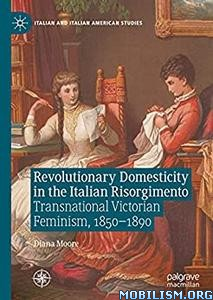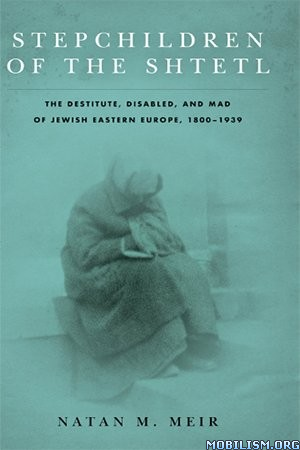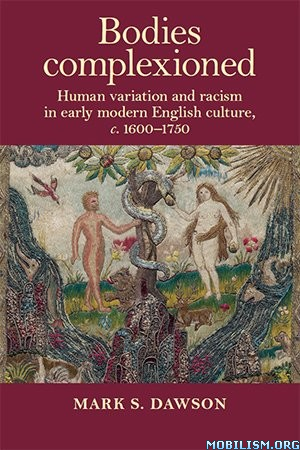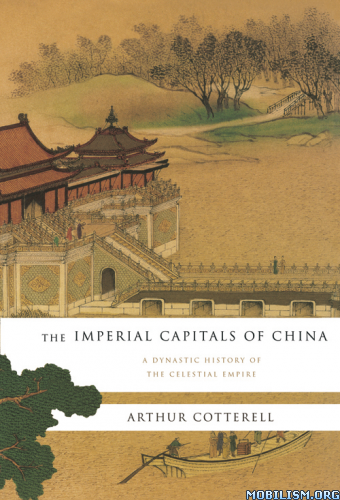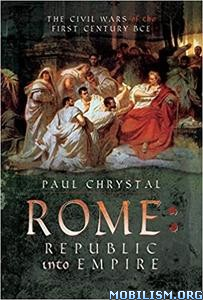Revolutionary Domesticity in the Italian Risorgimento: Transnational Victorian Feminism, 1850–1890 by Diana Moore
Requirements: .PDF reader, 3 MB
Overview: "This book examines how a group of transnational British-Italian women affiliated with the exiled patriots of the Italian Left repurposed traditionally feminine activities, such as fundraising, gift-giving, maternity, and memory collection, to make a substantial contribution to Italian Unification and state-building. Through their actions, Mary Chambers, Sara Nathan, Giorgina Saffi, Julia Salis Schwabe, and Jessie White Mario transcended the boundaries of acceptable behavior for middle-class women and participated in the broader female emancipation movement. By drawing attention to their activities, this book reveals how nineteenth-century female activists achieved their most revolutionary goals by using conservative, domestic, or anti-Catholic language. Adding to the growing understanding of the Italian Risorgimento as a transnational phenomenon, it also shows how non-Catholic and non-Italian women participated in the creation and development of the Italian state. Finally, the book argues for the continuing importance of religion in both politics and philanthropy throughout the nineteenth century."
Genre: Non-Fiction > History
Download Instructions:
https://ouo.io/yC4Z2n
https://ouo.io/5f6xGu
